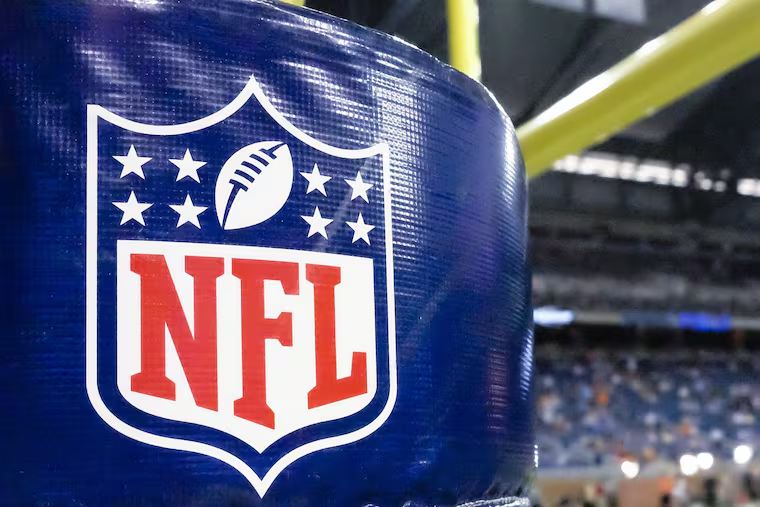Judge in Philly finds evidence of fraud in NFL concussion claims, but denies request for investigator
The federal judge overseeing the NFL's landmark settlement with its former players for concussion-related ailments said Wednesday that she found "sufficient evidence of probable fraud" from those seeking payouts to "warrant serious concern." But she denied — for now — a league request to appoint a special investigator to hunt down those gaming the system.

The federal judge in Philadelphia overseeing the NFL's landmark settlement with its former players for concussion-related ailments said Wednesday that she found "sufficient evidence of probable fraud" from those seeking payouts to "warrant serious concern."
But she denied for now a league request to appoint a special investigator to hunt down those gaming the system.
In her two-page order, U.S. District Judge Anita Brody said the system set up by the league and lawyers for its 20,000 potentially eligible former players already included measures to weed out false claims and that it appeared to be "working effectively."
However, she said she might reconsider the issue if the claims administrator or special masters she has appointed to manage the settlement's implementation deemed such a step was necessary.
"Meanwhile," she added, "the court expects the parties, the claims administrator, and the special masters to continue to ensure that all valid claims are paid promptly."
Brody's ruling came two months after the NFL's lawyers complained to the judge that the historic agreement to compensate retirees for the long-term effects of head injuries had been "hampered by an extraordinary number of fraudulent claims clogging the system."
More than $378 million has been paid to retirees now suffering from ailments such as ALS (Lou Gehrig's disease), dementia, and other neurological problems since registration opened in January 2017, according to a separate filing Wednesday from lawyers representing the players.
Fraud poses a particular worry to the NFL because the total amount of the settlement is not capped – meaning that the league must pay any claim determined valid by outside medical examiners.
In their filings Wednesday, lawyers for the players estimated that total could reach as high as $1.4 billion – about $400 million more than initial estimates by league lawyers last year.
At a hearing in May, the NFL's attorneys accused a number of doctors and lawyers of attempting to make up or exaggerate impairments in hopes of scoring a quick payday for their clients.
That list included a California neuropsychologist who later was disqualified from making evaluations after she filed reports claiming she spent 273 hours in less than a week working on settlement claims.
The league also flagged a Philadelphia law firm it said had encouraged at least one player to show up to his medical evaluation either hung over or on painkillers to make it appear that he had symptoms of a neurocognitive disorder.
Many other ex-players claimed that they suffered from ailments rendering them incapable of basic cognitive functioning even as they held down full-time jobs, the NFL's lawyers said.
The NFL has maintained that weeding out the false claims has slowed the process of getting money into the hands of the former players who needed it most.
The dispute was only one of the obstacles that have arisen since settlement registration opened last year. In September, lawyers for the players reported that many were being taken advantage of by predatory and deceptive businesses seeking a cut of beneficiaries' cash. Other players or their families have described the claims process as expensive or time-consuming to navigate.
Lawyers for the NFL did not immediately respond to requests for comment on Brody's order.
Chris Seeger, co-lead counsel for the class-eligible players, applauded Brody's decision.
"Since the NFL filed its motions more than three months ago, the claims process has continued to accelerate, and the current audit process is working effectively," he said. "We will not allow a small number of potentially fraudulent claims to be used as an excuse by the NFL to deny payment to legitimately injured former players."